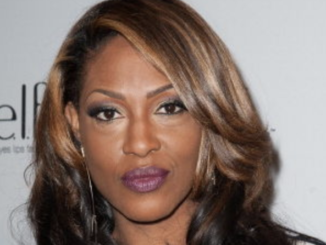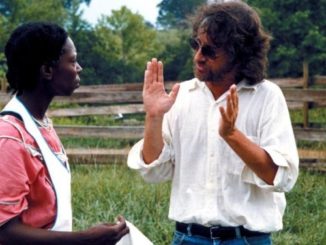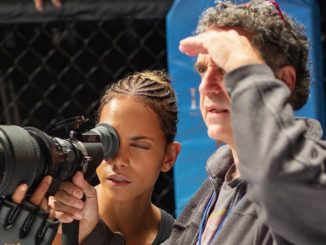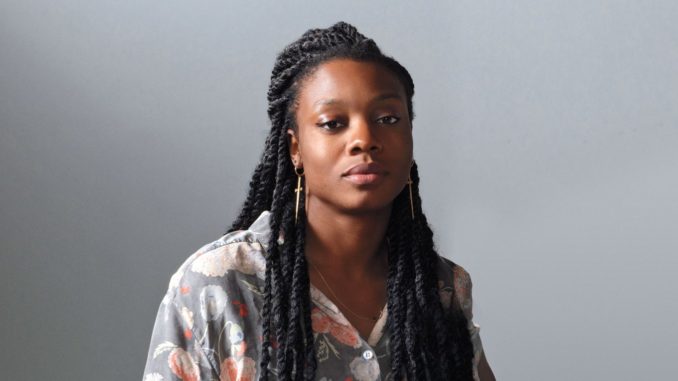
Socially conscious, horror thriller pic Candyman came through the doors blasting with a $22 million opening over the weekend, making the film’s director, Nia DaCosta, the first Black female director to open a film at No. 1.
Candyman is DaCosta’s second feature behind the 2018 western drama Little Woods, starring Tessa Thompson. She’s set to direct the upcoming Marvel Studios film The Marvels, a sequel to Captain Marvel and the newly announced The Lincoln Conspiracy, based on the book of the same name by Josh Mensch and Brad Meltzer.
Jordan Peele’s MonkeyPaw Productions and distributor Universal Pictures opted out of the day-and-date release that has seen many opening grosses diluted as a result of film premieres being split between movie theaters and streaming platforms. Opening in 3,569 theaters across the nation, Candyman earned $9.2 million on Friday, $7.9 million on Saturday, and $4.8 million on Sunday. To date, including Monday, the pic has accumulated a total of $23.8 million in worldwide box office grosses, with 18.2% coming from international grosses.
Ava DuVernay holds the title for the highest grossing film over a 3-day weekend for a Black female director for the 2018 Disney fantasy film A Wrinkle In Time. Although A Wrinkle In Time grossed $33.1 million over it’s first weekend, it landed in the No. 2 spot behind the superbly popular Marvel pic Black Panther.
Other Black female directors that opened to record-breaking grosses include Tina Gordon with $15.4 million for Little, starring Issa Rae and Regina Hall, Stella Meghie with $12.1 million for The Photograph, also starring Issa Rae, and Melina Matsoukas with $11.9 million for Queen & Slim, according to Deadline.
But, how did some of the other classic films directed by Black women fare on the silver screen in the past?
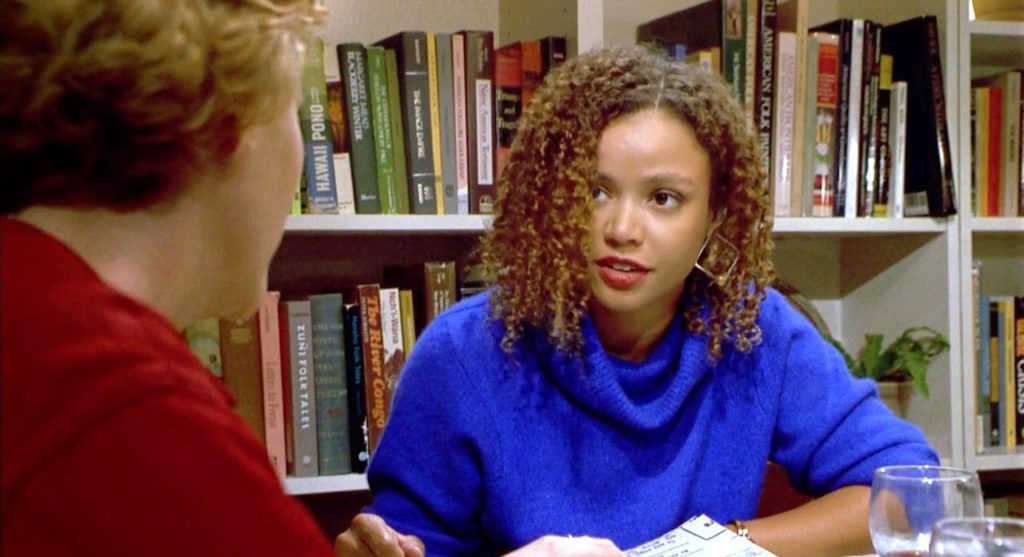
Kasi Lemmons, who played Bernadette Walsh in the 1992 version of Candyman, directed the 2019 Harriet Tubman biopic Harriet, which made $11.7 million over its first weekend. She also directed the all-time favorite film Eve’s Bayou, starring Samuel L. Jackson, Lynn Whitfield, Meagan Good, and Jurnee Smollett. Opening on Nov. 7, 1997, the film opened to $3.3 million.
The Martin Luther King film Selma is another film directed by Ava DuVernay. Opening in 2,179 theaters, Selma made $11.3 million, becoming DuVernay’s second highest opening.
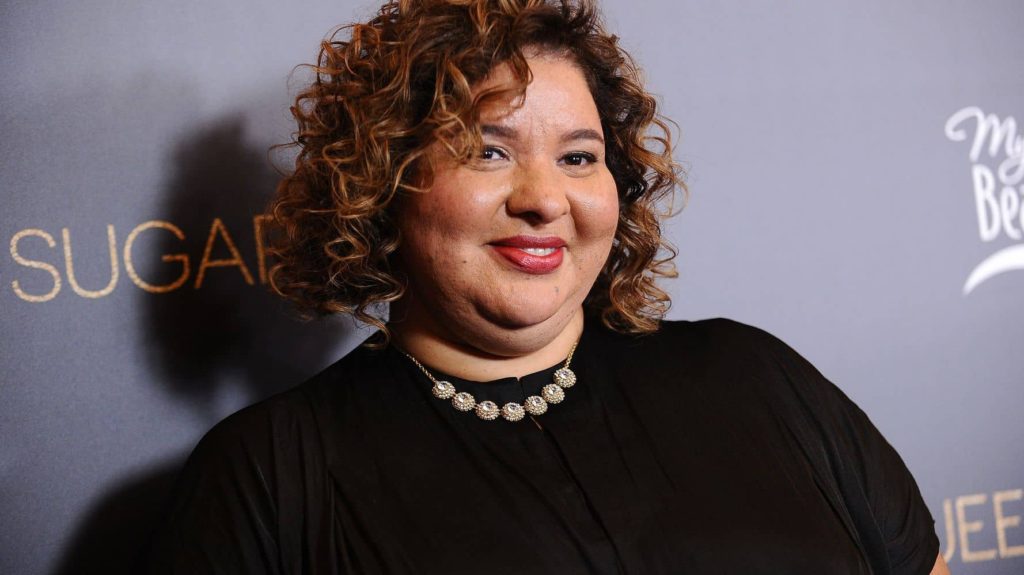
Liesl Tommy directed the recent Aretha Franklin theatrical biopic titled Respect, starring Jennifer Hudson and Marlon Wayans. The mid-August release opened in 3,207 theaters at $8.8 million over the 3-day weekend.
Love & Basketball, directed by Gina Prince-Bythewood, became a cult classic that still resonates today. Released on April 21, 2000, the sport romance opened to $8.1 million. Prince-Bythewood followed up Love & Basketball with The Secret Life of Bees, starring heavy hitters Queen Latifah, Alicia Keys, and Jennifer Hudson. The southern drama grossed $10.5 million at the box office. She also directed Beyond the Lights ($6.2 million).
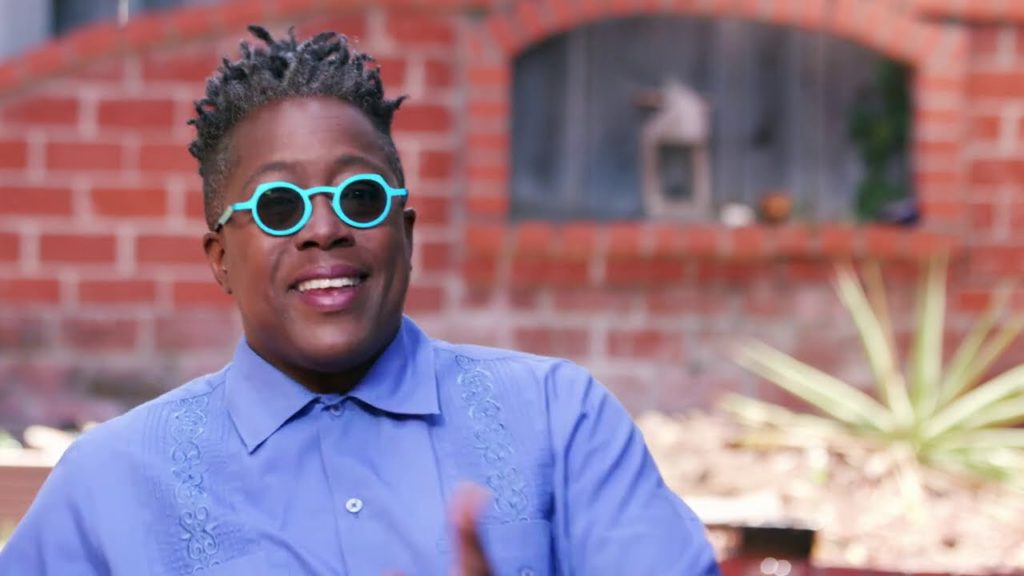
Cheryl Dunye’s My Baby’s Daddy, led by comedians Anthony Anderson and Eddie Griffin, opened at $7.8 million on the weekend of Jan. 9, 2004.
Darnell Martin directed Beyonce Knowles and Adrien Brody in the record label biopic Cadillac Records, released Dec. 5, 2008 in 687 theaters. The film made $3.4 million over Friday, Saturday, and Sunday.
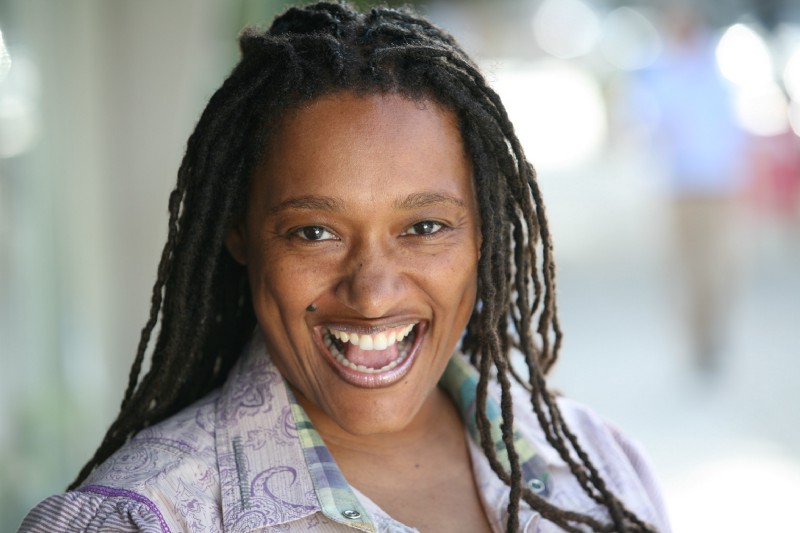
Comedian Monique starred in the 2006 in-your-face film Phat Girlz, directed by Nnegest Likké, opening to $3.1 million on the weekend of April 7, 2006.
The prison drama Civil Brand, directed by Neema Barnette, opened in 35 theaters on the weekend of Aug. 29, 2003, making $99,296 in box office grosses.
Surprisingly, most Black female directors, such as Debbie Allen, Mara Brock Akil, Shonda Rhimes, and Issa Rae, have built their credits in television, while many of the Black female- themed movies have been directed by men. For instance, Waiting to Exhale was directed by Forrest Whittaker, Set It Off was directed by F. Gary Gray, and Tyler Perry directed Diary of a Mad Black Woman — all films that delve into the experiences of the modern-day Black woman. So, while a lot of progress has been made, it’s been a very slow burn.

